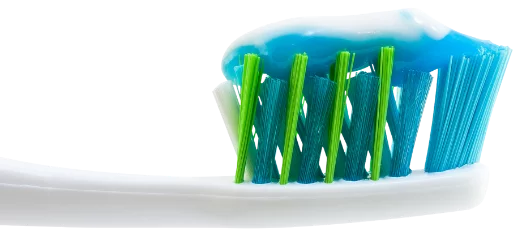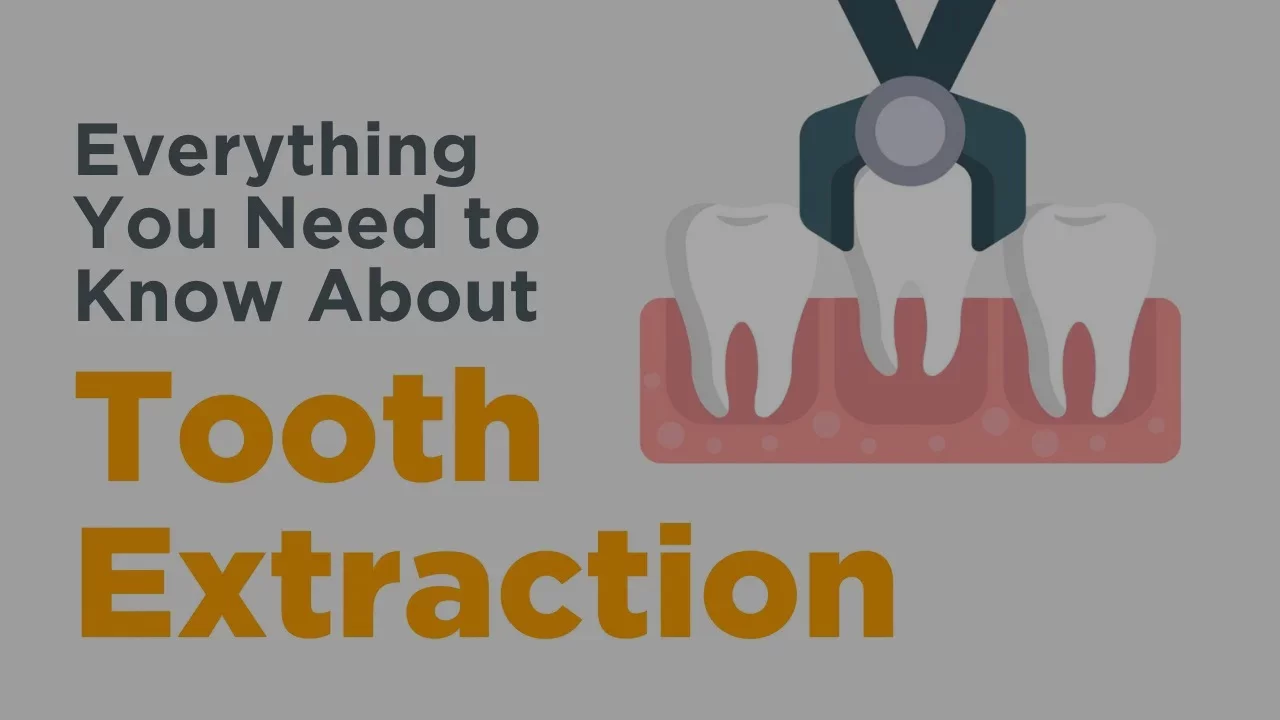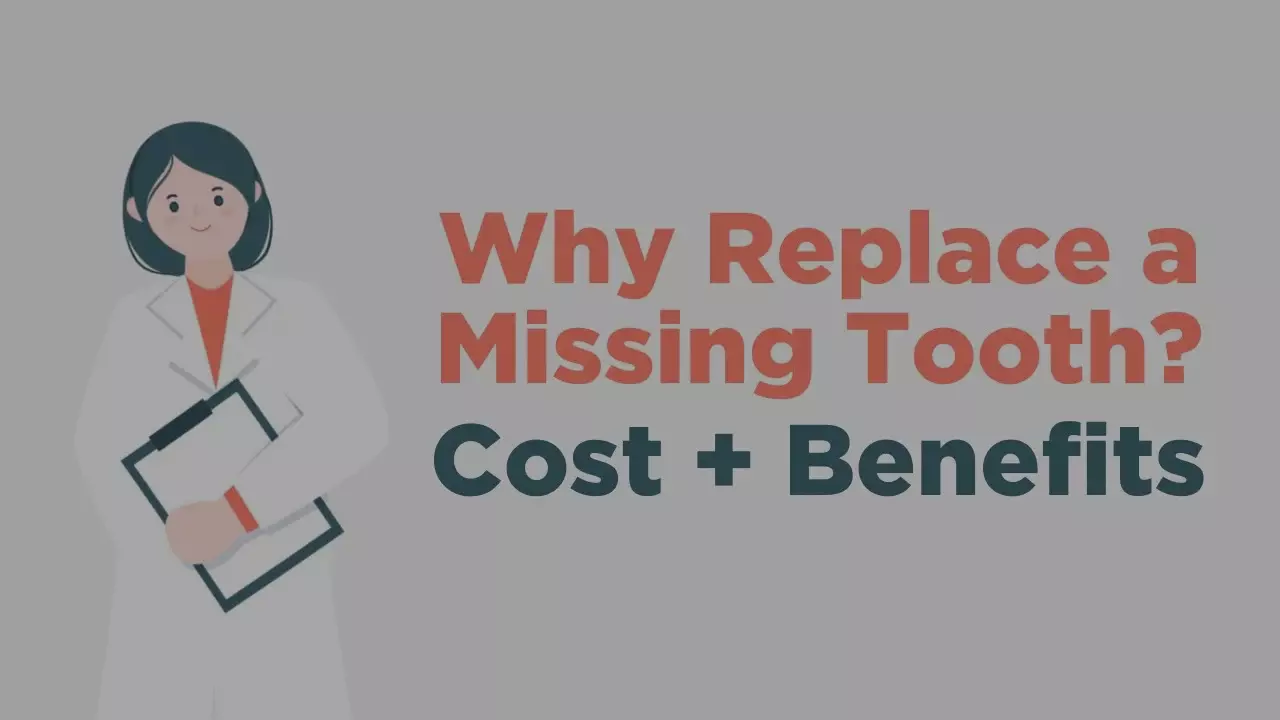Whether it’s due to severe decay, overcrowding, or advanced gum disease, our goal is to ensure a comfortable experience and optimal oral health outcomes for your best smile yet.
Tooth Extraction in Prosper, TX

4 Signs You May Need a Tooth Extraction
Untreated tooth decay affects 1 in 5 adults, often resulting in the necessity for tooth extraction.
Who Needs a Tooth Extraction?
Tooth extraction becomes necessary for individuals facing various dental issues that cannot be resolved through other treatments. These issues may include severe tooth decay, advanced periodontal disease, irreparable damage from trauma, or overcrowding in the mouth. While tooth extraction may seem daunting, it’s important to understand that this procedure is often the first step toward restoring oral health and alleviating discomfort. By addressing these concerns proactively, you can pave the way for improved dental well-being and regain confidence in your smile.

Tooth Extractions - Everything You Need to Know

Tooth Extractions FAQs
If you have any questions about tooth extractions, we’ve got answers.
First, your dentist will numb the affected area with a local anesthetic. Next, they will use specialized tools to remove the damaged or infected tooth. Following the extraction, you’ll receive aftercare instructions to ensure a comfortable recovery.
We take every precaution to ensure a comfortable, pain-free tooth extraction experience for our patients. While there may be some discomfort or mild pain during the recovery process, most patients report little to no pain during the actual procedure.
The length of the tooth extraction process can vary depending on the complexity of the procedure and the patient's needs. In general, most tooth extractions take less than an hour to complete.
The recovery period can vary depending on a variety of factors, such as the complexity of the procedure, the patient's age and overall health, and how well they follow post-operative care instructions. Generally, it is normal to experience some discomfort, swelling, and bleeding in the first few days after the procedure. Most patients can expect to fully recover within one to two weeks.
It is important to avoid eating hard or chewy foods for the first few days, as this can irritate the extraction site and slow down the healing process. Instead, stick to soft foods that are easy to chew and swallow, such as soup, yogurt, or mashed potatoes. As you begin to feel more comfortable, you can gradually reintroduce solid foods into your diet, but be sure to follow your dentist's instructions and avoid foods that may be too hot or spicy.

Get Started
Your Smile is Our Priority
Schedule an appointment with us today to discover the difference of advanced, proven technologies, a full suite of services, and exceptional quality in dental care – all tailored to give you a healthier, happier smile.






















